-
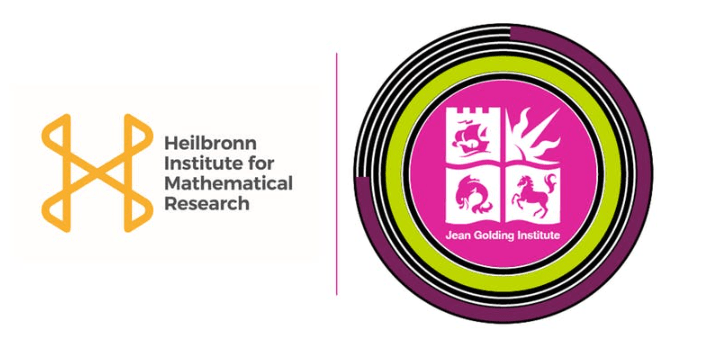
Bristol Data Science Seminar Series
Last October 2019, The Jean Golding Institute teamed up with the Heilbronn Institute for Mathematical Research to bring the latest research in Data Science to our community as part of an exciting series of data science talks and seminars. Over the past few months we have welcomed an array of internationally recognised speakers from Harvard,…
-
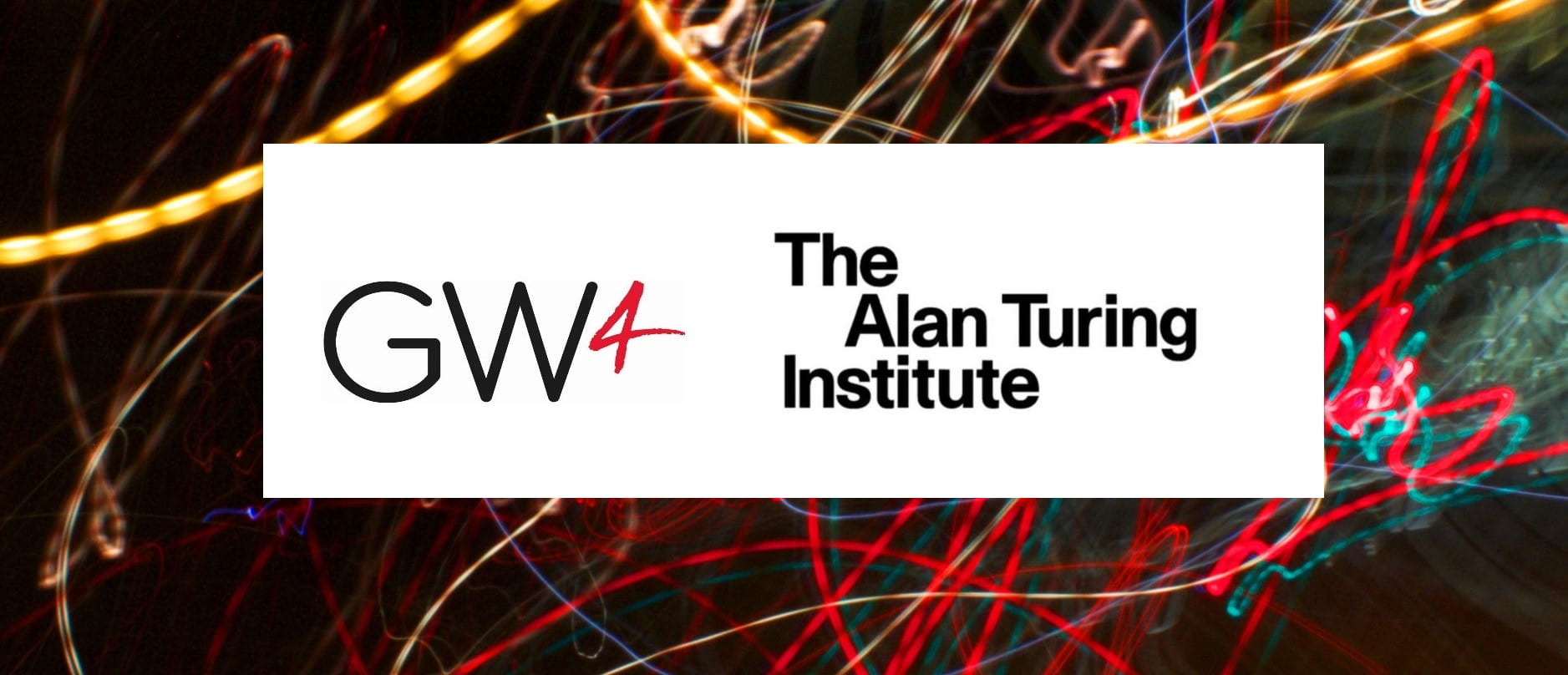
New GW4 Data Science Network Launched
The Jean Golding Institute in collaboration with the GW4 Alliance has launched a new GW4 Data Science Network which will act as a hub for news, events and funding opportunities in data science research that are available to staff and students throughout the GW4 Alliance. In particular, the Network will highlight opportunities and events coming…
-

Brunel’s Network project
A blog written by James Boyd, Brunel Institute Isambard Kingdom Brunel As many Bristolians know, during the 19th century, Isambard Kingdom Brunel was a major force in the development of the city, and the wider region. Working on railways, docks, bridges and revolutionary ships that forged connections across Britain and the world, many of his…
-
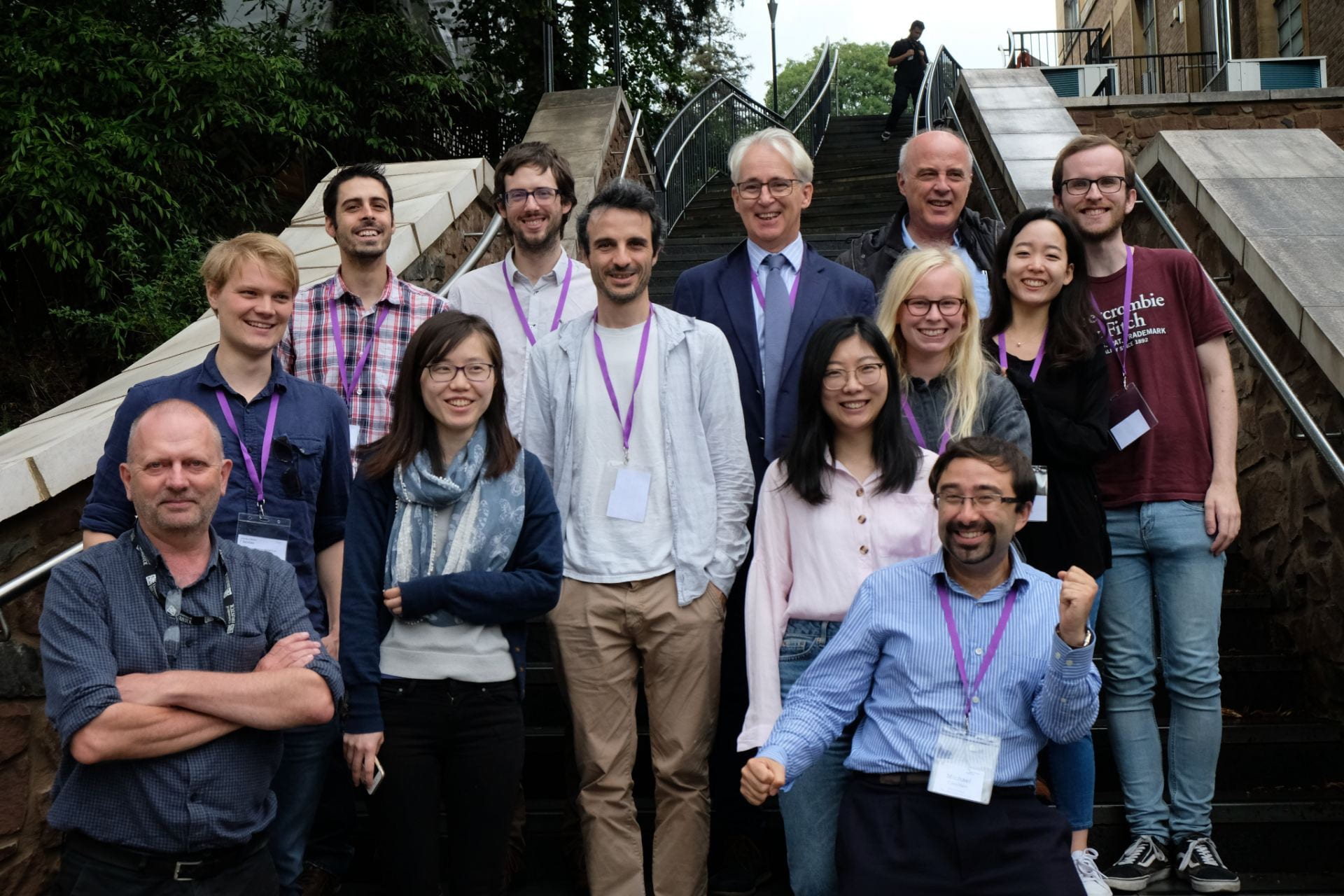
A Challenge Owner’s perspective of the inaugural Turing Network Data Study Group – Part 2
Understanding and improving the reliability of disease monitoring in GP surgeries is the extensive, yet critical task taken on by the team of researchers at Royal Society of General Practitioners (RCGP) and the University of Surrey headed by Professor Simon de Lusignan and Dr Mark Joy. With this goal in mind, the team challenged participants…
-

JGI Seed corn funding call winners 2020 announced!
The Jean Golding Institute are delighted to announce the winners of the Seed corn funding call 2020. This funding call has been successfully running for last three years and aims to support activities to foster interdisciplinary research in data science (including AI) and data-intensive research. The Jean Golding Institute has funded a total of 32…
-
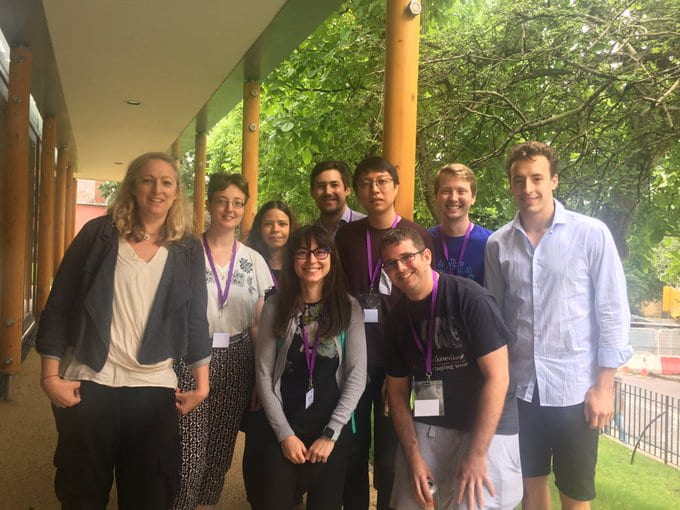
A Challenge Owner’s perspective of the inaugural Turing Network Data Study Group
Using AI and machine learning to increase understanding of cardiac muscle proteins – the molecular basis of heart disease – is a potentially daunting challenge. But it was one that Turing Fellow Danielle Paul, from the School of Physiology, Pharmacology & Neuroscience at the University of Bristol, was keen to explore. Danielle took part in the…
-
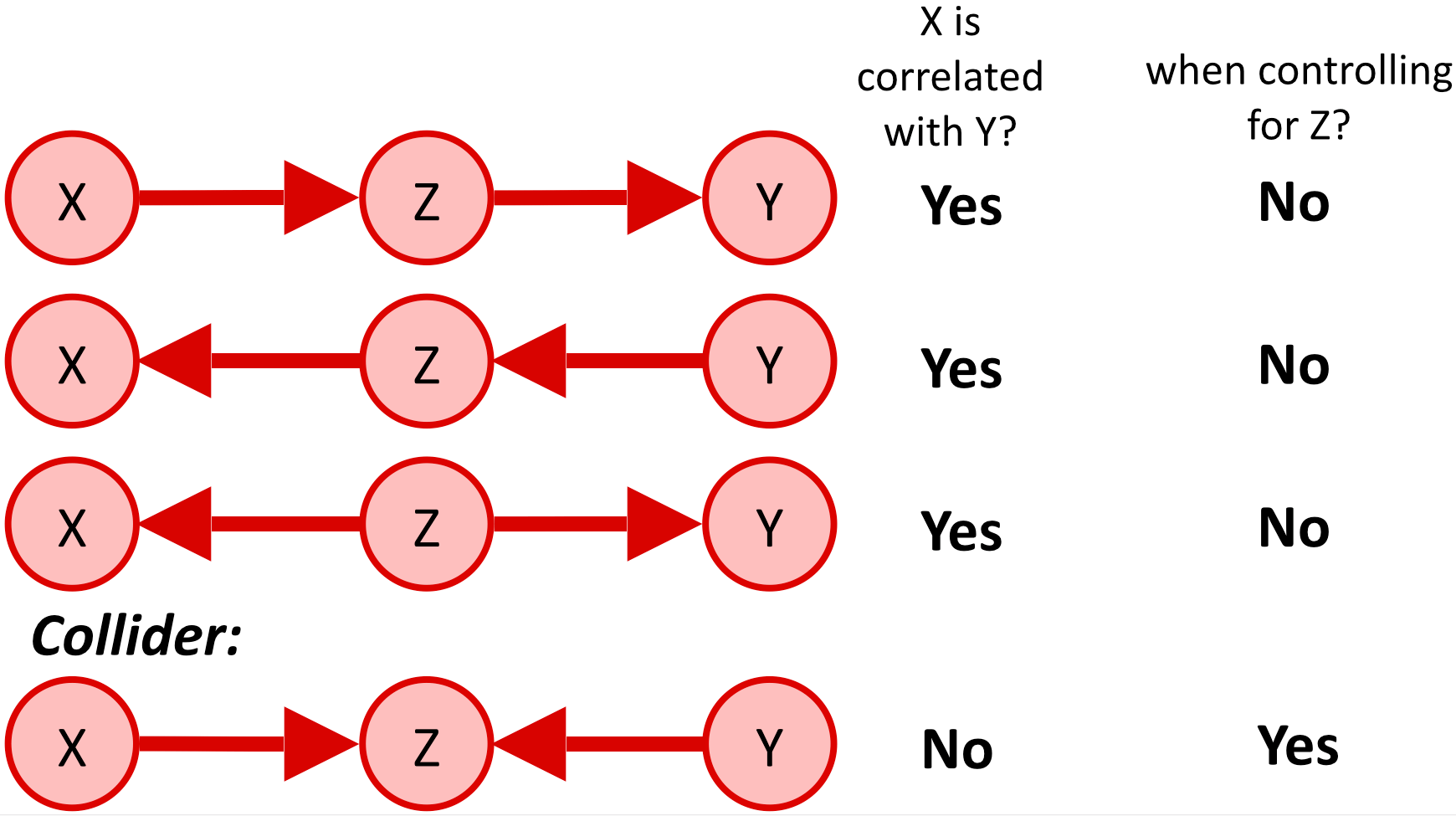
A brief introduction to colliders
Blog written by Sean Roberts, Research Associate, Anthropology and Archaeology, University of Bristol Causal graphs Causal graphs are great ways of expressing your idea about how the world works. They can also help you design your analyses, including choosing what you need to control for in order to exclude alternative explanations for the patterns you…
-
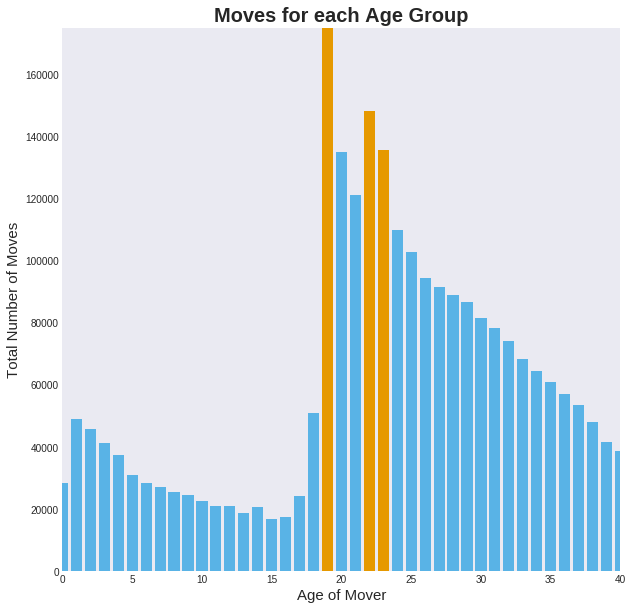
Flying far from the nest – the biggest adventure or a mental health disaster?
A blog post by Angharad Stell, PhD student, Atmospheric Chemistry Research Group, School of Chemistry, University of Bristol Mental health at university has been making headlines for all the wrong reasons. Every day seems to bring a new shocking article: “one in four students suffer from mental health problems” [1] “student suicide increase warning” [2]…
-

The Beauty of Data 2019 – A JGI data visualisation competition
We are excited to announce that the winner of the 2019 JGI Beauty of Data competition is Vincent Cheng from Population Health Sciences with his visualisation project ‘Automated Forward Citation Snowballing using Google Scholar and Machine Learning’. The winning visualisation is a short video, and you can view the full submission below: About the…

The University of Bristol's central hub for data science and data-intensive research, connecting a multidisciplinary community of experts across the University and beyond.
